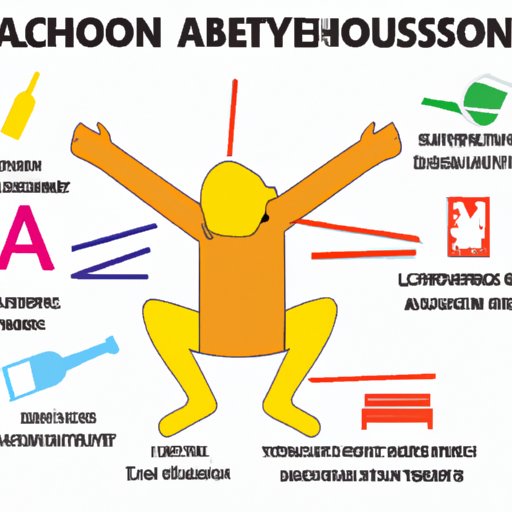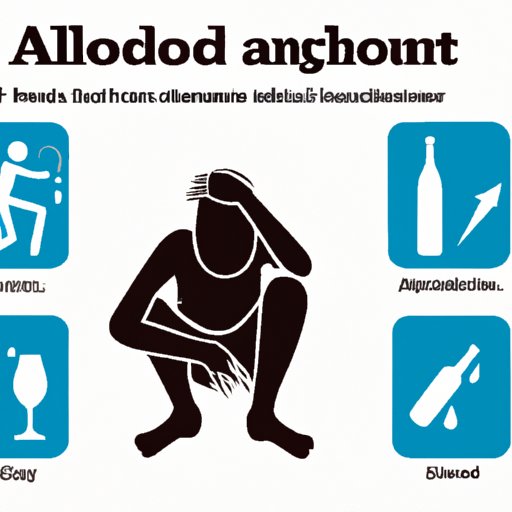
Recognizing the Symptoms of Alcohol Withdrawal: What to Look For
Alcohol withdrawal is a serious condition that occurs when individuals who have become dependent on alcohol suddenly try to stop or cut back on their drinking. Withdrawal symptoms can range from mild to severe and can include physical and emotional symptoms such as tremors, headache, anxiety, and insomnia. In severe cases, alcohol withdrawal can be life-threatening, which is why it’s important to recognize the symptoms and seek professional help when necessary.
Breaking Down the Symptoms of Alcohol Withdrawal: What to Expect
Understanding what to expect during alcohol withdrawal can help individuals prepare for the process and seek the support they need. The severity and duration of withdrawal symptoms can vary depending on factors such as the severity of the alcohol addiction, the length of time an individual has been drinking, and their overall health. Symptoms typically begin within 6-12 hours after the last drink and peak within 24-48 hours, but can last up to a week or longer.

The Physical and Emotional Signs of Alcohol Withdrawal
Physical symptoms of alcohol withdrawal can include tremors, sweating, nausea, vomiting, headaches, elevated heart rate, and high blood pressure. Emotional symptoms can include anxiety, restlessness, irritability, and depression. In severe cases, individuals may experience hallucinations, seizures, and delirium tremens (DTs), a potentially life-threatening condition that involves confusion, fever, and rapid heartbeat.
Recognizing the Warning Signs of Alcohol Withdrawal
While the symptoms of alcohol withdrawal can vary, there are certain warning signs to look out for. These can include insomnia, loss of appetite, rapid mood swings, and physical symptoms such as shaking and tremors. If you or someone you know experiences these symptoms, it’s important to seek medical attention immediately. Delirium tremens, in particular, requires emergency medical care.
From Shakes to Seizures: How Alcohol Withdrawal Affects the Body
Alcohol withdrawal can have serious physical effects on the body, especially in cases of prolonged heavy drinking. One of the most dangerous effects is the potential for seizures, which can be life-threatening. Other complications can include dehydration, malnutrition, and liver damage. It’s important to seek medical help if experiencing any of these symptoms.
Exploring the Symptoms of Alcohol Withdrawal and Why Seeking Professional Help is Key
Seeking professional help is key when it comes to managing alcohol withdrawal. Many people try to quit on their own, which can be dangerous and lead to complications. It’s important to seek medical attention from a healthcare professional, addiction specialist, or addiction treatment center, who can provide a safe and effective treatment plan tailored to your specific needs.
Support groups such as Alcoholics Anonymous can also be helpful, as they provide a supportive community and resources for those struggling with alcohol addiction and withdrawal.
Conclusion
Recognizing the symptoms of alcohol withdrawal is key to getting help and support when needed. It’s important to understand the potential complications of withdrawal and seek professional help when necessary. By taking steps to address alcohol addiction and withdrawal, individuals can achieve long-term recovery and a better quality of life.





